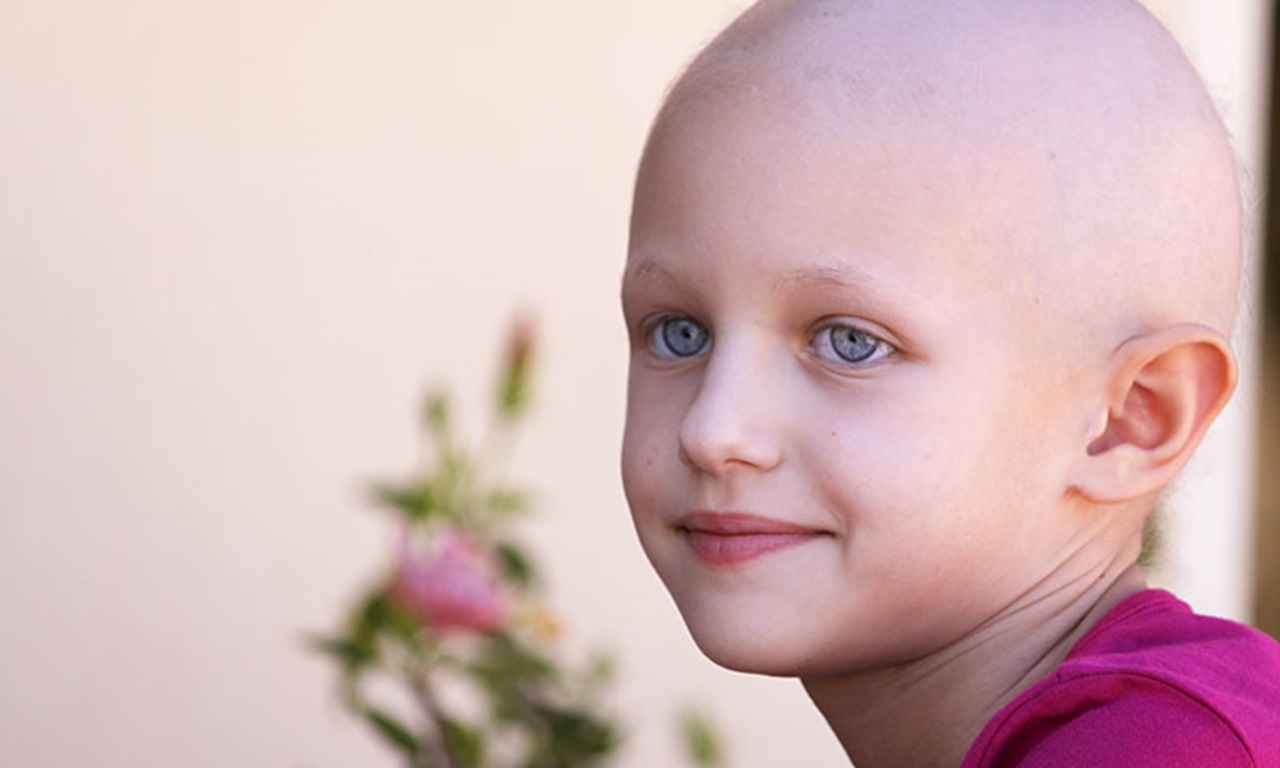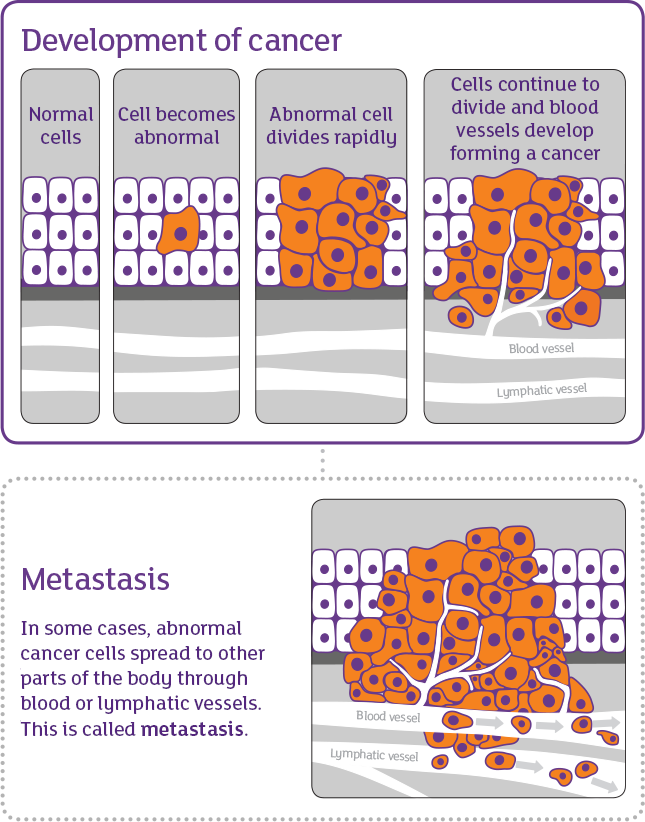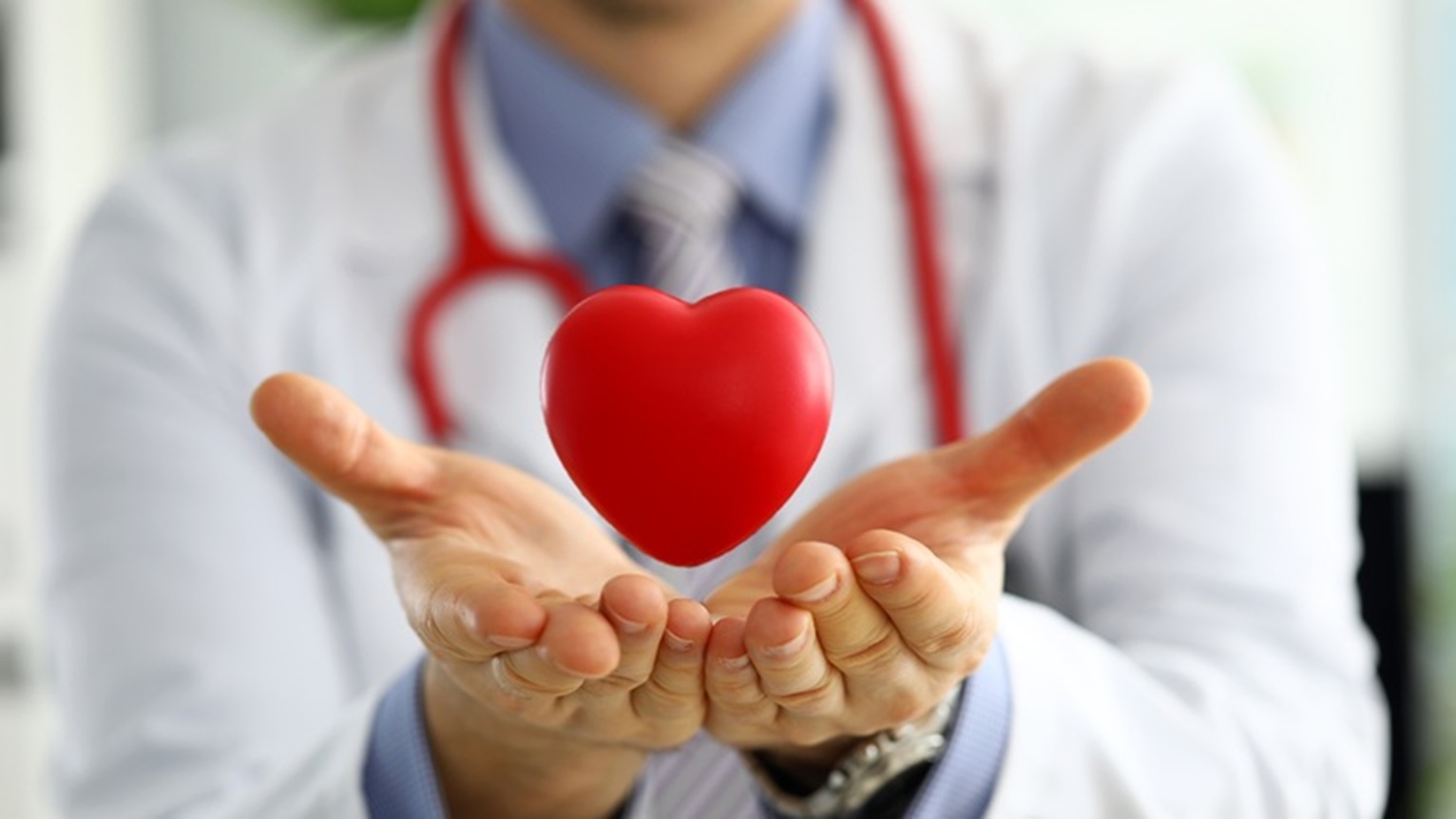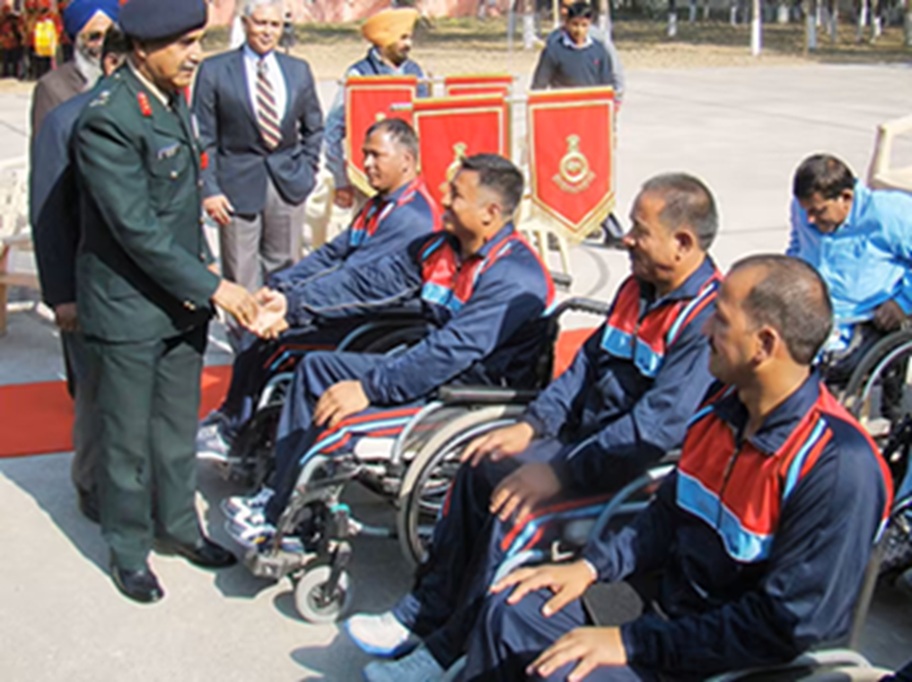Cancers are usually associated with the elderly population. Even practitioners do not think about it when a person below sixty comes to them for any ailment. The new research published in last year reveals that cancer in the younger age groups below fifty are rising very rapidly, worldwide.
Cancer screening for early detection is conducted for the elderly. The good news is that the lung cancer in the elderly have been decreasing view awareness and reduced use of tobacco. The survival rate among seniors has doubled because of early detection and better treatment options. There has been a 30% increase in new cancer cases amongst all ages, but increase is sharp in persons below the age of 50 years at 79%.
Cancer in Youngsters
Cancers are always detected very late among youngsters and has found more aggressive among the youngsters and it spread faster in youngsters. The survival rates are not encouraging for young cancer patients and also being the earning members, physical, psychological and financial burden looms on the family.
The Problem
There were around 14.6 lakh cases of cancer and 8.08 lakhs deaths due to it in 2022. One lakh new cases were reported in the young persons of 20-40 years age group. The common cancers are of the breast and reproductive organs in women. In this, cervix and ovary are common. In men, prostate cancer in elderly is followed by that of lungs (both – smokers as well as non smokers). Cancer of the mouth and throat are also common due to tobacco chewing. Rapidly increasing cancers are that of colon, rectum, oesophagus/ stomach and liver.
Cancer Cells
Our body is made of trillions of cells, just like the bricks making a building. Unlike bricks, they grow & divide and the new, young cells replace older cells. Our DNA makes our genes controls everything that the cell does, to fulfil its role in the body. But sometimes, a mutation disrupts a gene and changes its role, that is, it becomes a rogue, a cancer cell.
This rogue cell ‘steals’ the food of other cells and multiplies very fast to make more and more rogue or cancer cells which performs no role till that organ is full of these cells. It may also spread through blood or other body fluids to other parts of the body.
Why does gene mutation occur? It varies from cancer to cancer. Some of us may inherit a gene from our parents which will mutate at some time in later life. In others, there may be a trigger which causes genes to mutate. A microbial infection, tobacco, alcohol, faulty foods, chemicals in workplace, altered microbiota of our guts, excessive UV rays of sun, or a pollutant in the environment. Having said above, many factors which cause gene mutation are still unknown. Research is on at many institutions of the world.
Thus, there are over a hundred different types of cancers at different locations of the body. They behave differently. Some spread rapidly, others don’t. Some can be treated but many cannot be treated, only pain relief and mental support can be provided (Palliative care).
Why Cancer More Prevalent Among Youngsters?
Cancers are increasing in the young due to many ‘triggers’ and certain risk factors which aids the triggers, early in life. These developments happened over the last 50 years. They are:
- Tobacco, Alcohol, Drug abuse: Tobacco is No#1 cause of cancer in India, while alcohol is a close No#2. More and more children and youth (of both sexes) are falling prey to these addictions. Newer form of smoking like vaping are equally dangerous. Alcohol abuse is on the rise in girls and working women. The ill-effects of alcohol can occur in smaller quantities in females than in men. Females should not compete with males while drinking alcohol in college/ office/ or social get togethers.
- Major Dietary Changes in Menu of Children and Youth: This is the cause for cancers at No#3 in India. Fifty years ago, it was home cooked meals containing whole cereals/ millets, lintels, vegetables, salads and local fruits. But the present day foods that we all eat now have linkages to obesity, diabetes and cancers:
- Home cooked with industrially processed ingredients. Vegetables and fruits are very limited. Ultra Processed Foods have entered home as fast food cereals, sausages or precooked meals – vegetarian as well as non vegetarian.
- Ordered food has become an accepted option after COVID19. It has high salt, sugar, saturated fats and unknown chemicals. Besides, the sellers may be using adulterated ingredients.
- Vegetables grown in highly polluted river beds are also risky.
- Aerated drinks, packaged juices, energy drinks and other bottled/ canned drinks have very high sugar content and preservatives which are often harmful.
- Increasing childhood Obesity: Surprising? Yes, Obesity is linked to at least 13 cancers of which breast, colo-rectal, oesophagus, liver and gall bladder are important in Indian context.

- Inactivity: Inactivity leads to muscle wasting and in combination with poor dietary choices, it causes Obesity. Together they are linked to cancers. School and college going students as well as office going persons house wives who actually cook/ clean are usually quite active. However, work from home/ financial opulence has made a generation of people under 60 years relax long hours at home or at other leisure spots. Such habits, if continued for decades are a cause of colon, endometrial and lung cancers.
- Pollution: The level of pollutants in our environment has steadily risen in the last half century. It is particularly high in South Asia where, almost half the earth’s population resides. Certain pollutants, including nano plastics are causing gene mutation in the younger age groups. However, much more research is needed.
- Workplace Challenges: Certain industries exude noxious dusts or poisonous gases. Farmers including labourers of farms using pesticides without safety equipment are exposed to cancer causing agents. Even the common weedicide sprayed in lawns and farms- ‘Roundup’ may cause cancers. Ionising radiations in certain industries and businesses/ hospitals also cause cancers in exposed workers.
- Chronic Stress, Depression and Inadequate Sleep: Their prolonged continuation leads to various cancers. More and more persons in younger age groups are falling prey but very few actually seek treatment.
- Infections: with Human Papilloma Virus (HPV), Hepatitis B and C viruses and Helico-bacter pylori bacterium (H.pylori). HPV causes cervical cancer in women, Hepatitis B and C cause liver cancer and H.pylori causes stomach cancer. Fortunately vaccines are available against HPV and Hepatitis C virus. Helico-bacter infections of stomach initially cause gastric ulcers on young age and are amenable to treatment.
- Late Age for Marriage and Pregnancy, No Breast Feeding: These are also some factors associated with cancers in women under 60 years of age.
Detect Cancers Early
As there are more than a hundred types of cancers, each having separate cause, it is not easy to make a common list for their early detection as well as prevention. However, an attempt is being made to present some ways for early detection and prevention of most cancers.
- Be aware: Yes, most people think that cancers will not strike me as I am healthy, or I am young or because I have no bad habits. Did you know a famous gym going bodybuilder and a star marathon runner fell prey to this big C last year. Cancer’s spare none. The first message is, be aware and spread awareness. The good thing is that you, the reader is already aware!
- Awareness of cancer in your family: Some cancers run in families. However, not all children will develop the cancer. Being aware, one can follow a better lifestyle (explained below) to prevent cancers.
- Alertness: There is a thin line between alertness and high suspicion. Being overtly suspicious may lead to OCD – Obsessive Compulsive Behaviour. However, being alert in specific circumstances helps detecting cancers early.
- Signs and Symptoms of Common Cancers: One has to remain alert for the following occurrences in self, spouse, family and close friends:
- Check your body every morning while taking a bath for any swelling, lump or a new mole.
- Unexplained bruise or bleeding in any part of the body.
- Be alert for any pain which occurs with out a reason and which reappears after taking pain relievers. Undiagnosed headaches also need investigation.
- Having an evening rise of temperature for more than a week, at least 2°Celsius above normal. If having night sweats despite room being cool, be alert.
- Any change in habits of bowels (motions) and bladder (passing urine).
- Persistent cough unrelated to throat infection, especially in smokers or those exposed to high pollution/ chemical fumes.
- Unexplained tiredness or undue fatigue which continues for many days.
- Weight loss unrelated to specific measures being taken by the overweight individuals.
- Having jaundice, which can be detected by seeing yellowish colour of the whiter portion of eyes.
- Difficulties in chewing, swallowing or moving tongue.
- Hoarseness in voice lasting more than a week.
- Sores and ulcers which are not healing.
- Trouble breathing.
- Having blood – red or dark or tar coloured in stools.
- Blood in urine. Blood from vagina in post menopausal women.
- Changes in breast which may either be seen or felt.
- Persistent pelvic pain.
- Bloating for more than 2 weeks.
- Changes in skin – appearance of new moles with jagged edges.
Note: Some of the above signs/ symptoms are also seen in other, easily treatable diseases too. So, do not worry too much. Going to a qualified practitioner will help investigate/ diagnose/ treat the disease if present. If not, further investigations may be needed for appropriate diagnosis and further treatment. Secondly, some cancers may remain without signs or symptoms. Do not blame yourself.
Diagnose Early
This can be done by various means like:
- Annual Medical Examination, preferably by a family doctor. This should start after the age of 30 years in Indians. The doctors conducting these exams must look for all lifestyle diseases including cancers. Of course, many poor Indians have no access to a family doctor. The government hospitals are too busy to conduct medical examinations of about 800 million Indians above 30 years of age.
- Cancer Screening. These tests are carried out to detect cancers in people. Those under 60 years need to be screened for common cancers of their sex and age. Special Cancer Screening camps are held in certain places.
- Central Government Programme. Cancer Screening guidelines have been under the National Programme for the Control of Cancers, Diabetes, Cardiac diseases and Stroke. However, action is to be taken by state governments. Hence, it will vary from state to state.
- Cancer Screening tests. Tests like mammography and Pap smear tests are available for women to detect breast cancer and cervical cancer respectively. Similarly, PSA test is available for the males for prostate cancers. Those at high risk can be screened for Cancers of colon and rectum with a stool test initially and by endoscopy if advised by a surgeon.
Prevention
We cannot change our genes. It is difficult to change the pollution levels (air, water and soil) by individual action in places where we live. However, we can take certain specific actions to prevent certain cancers and make lifestyle changes to remain in a state of higher immunity so that certain cancers do not develop. These are consolidated and listed below:
- Avoid Smoking, Vaping or Abusing Tobacco in any form including Chewing Tobacco: Kicking this one habit decreases risk of cancer by 10 to 15%. No matter how many years a person has abused it, kicking off tobacco’s habit, will benefit. Avoid second hand smoke at home or work place.
- Alcohol: The last word is out. Alcohol is the Number 2 cause of cancers. Studies on small amount of red wines benefit for heart disease are inconclusive. Even if true, remember, heart diseases are treatable, most cancers aren’t. Do not start consuming alcohol if you haven’t started drinking yet. Give up alcohol, if you can. Reduce quantity to bare minimum, if you cannot quit. Daily drinking or drinking large quantities once or twice a week is a big NO.
- Foods: Diet, Snacks and Non Alcoholic Drinks. As was explained last week, foods may have chemicals and toxins disguised by Ultra Processed Food industry. Foods cooked in restaurants/ dhabas have excess salt, sugar and fats and made with refined cereals. These foods fatten us, make us diabetic, hypertensive or even lead to cancers. Both categories also change our gut microbes. Red meat eaten frequently is also implicated in certain cancers. Avoid all above. 50% to 80% of the food should be cooked at home with natural ingredients. Fruits, vegetables and salads are essential. Nuts and seeds (not necessarily expensive ones) are very good to get micronutrients.

- Increase Physical Activity:Reduce time of Physical Inactivity.
- Maintain Body Weight: Try as much as possible by following above two mantras of Food and Activity/ Inactivity. Having said that, some people may not be able to reduce weight despite best efforts, for various reasons. Remember, a physically fit but over weight person is better off than a lean inactive person.
- Sexual Habits. Safe sex reduce risk of many microbes which may cause chronic/ recurrent infections leading to certain cancers of genital as well as oral region. Secondly, contracting HIV leads to lowered immunity and higher risk of certain cancers.
- Occupational Cancers:Prevention or reduction of risk from radiation, chemicals dusts like silica and asbestos need to be observed industries, hospitals and other places. Personal protection needs to be carried out by persons spraying chemicals (farmers/ gardeners) and garbage sorters, especially of radioactive goods.
- Exposure to sunlight: Exposure of urban Indians to sunlight is quite less. In fact, the inadequate exposure is leading to deficiency of vitamin D in our population. Those with darker skins are protected with melanin, a pigment in the skin. However, those with light coloured skin should be careful of spending long durations under the sun. If need be, they should apply a sunscreen.
- Women: Women are better off bearing children in their 20s/ 30s, should avoid oral contraceptives and try their best to breast feed their babies.
- Treatment of specific risk factors: Drug treatment should always be taken under the advice and guidance of a specialist doctor. Drugs are available against microbes like H. Pylori, HIV and Hepatitis C. Drug treatment is also available for depression and sleep disturbances. Recently, anti obesity drug has been approved for marketing.
- Surgery: Angelina Jolie at her peak of Hollywood acting career in 2013 disclosed that she had undergone a ‘Preventive Double Mastectomy’. In simpler terms, she had both her breasts removed even though she had no disease. She wanted to prevent breast cancer which ran in her family. After her genetic testing, she had found that she had inherited a faulty gene which gave her a 60% chance of developing breast cancer. If she just removed her breasts, the chances of getting the cancer would be very little. Prophylactic Hysterectomy is also available for women with a faulty gene which may give rise to endometrial or ovarian cancer. Such preventive surgeries should always be done after proper counselling and deep thought. Such surgeries are 80% or more effective in preventing cancers.
Cancers are Enigmatic
Many lifelong smokers may never get cancers. As per a recent study, they have resilient protective mechanisms which prevent genes to mutate for turning cancerous. However, cured tobacco/ cigarette smoke has 5000 different chemicals causing many other diseases. Alcohol also has deleterious effects on other organs. Both have capability of financial ruin and breaking up of families.
Conclusion
Cancer vaccines are under research and many are in trial state. However, a vaccine may target just one of a handful of hundreds of cancers. Hence we have target the children first where possible. Mothers milk, traditional, home-cooked foods, vegetables, salads and fruits are protective in nature. Physical activities should be encouraged, and children/ adults be guided to get-up and move if found sitting, lounging or lying down in the day for period longer than an hour. Observe our bodies for recent changes and take appropriate steps to come to normal. Socialise with friends, relatives and colleagues. Have a positive view of life!
Title image courtesy: https://www.childrens.com/
Disclaimer: The views and opinions expressed by the author do not necessarily reflect the views of the Government of India and Defence Research and Studies
Article Courtesy: https://genkris.wordpress.com/











